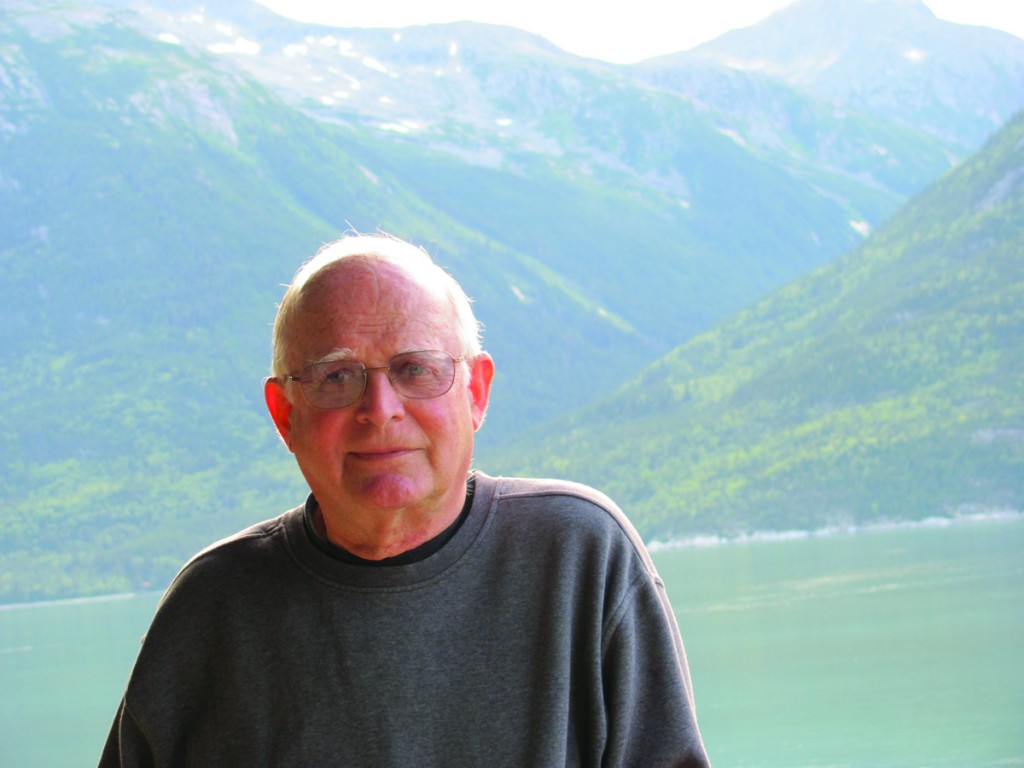Wilbur “Willy” Bontrager ’69, MA ’99
Shortsville, New York
 In the late 1960s, around the time of his first stint as an EMU student, Willy Bontrager did voluntary service in the Congo for two years and in Nigeria for a year and a half. Upon returning home, he spent a couple of decades as a dairy farmer in western New York State. Willy next tried his hand at a “thoroughly boring” bakery business. He underwent training in the Quaker-founded Alternatives to Violence Program (AVP) and became an AVP volunteer in Attica Prison, a high-security institution near his home. After a volatile prison incident that he handled successfully, he began talking to his first cousin, Vernon Jantzi, about EMU’s fledgling program in conflict transformation.
In the late 1960s, around the time of his first stint as an EMU student, Willy Bontrager did voluntary service in the Congo for two years and in Nigeria for a year and a half. Upon returning home, he spent a couple of decades as a dairy farmer in western New York State. Willy next tried his hand at a “thoroughly boring” bakery business. He underwent training in the Quaker-founded Alternatives to Violence Program (AVP) and became an AVP volunteer in Attica Prison, a high-security institution near his home. After a volatile prison incident that he handled successfully, he began talking to his first cousin, Vernon Jantzi, about EMU’s fledgling program in conflict transformation.
Willy was then 55 years old, with a son in grade 8 and a daughter in grade 1. Was it foolish of him to pursue a master’s degree at a university located almost 8 hours by car from his home? With the support of his wife, a school psychologist, Willy finally decided to enroll. He drove the 16-hour round-trip to weekend and summer classes for four years. The next stage in Willy’s history is described on www.pirirochester.org, the website of Partners in Restorative Justice Initiatives. It reads, in part:
While completing his master’s degree in restorative justice at Eastern Mennonite University in March 1998, Will Bontrager gathered members of Rochester’s governmental departments, nonprofit agencies, victim advocacy groups and interested individuals to introduce them to the principles of restorative justice. Less than two years later, in May 2000, Bontrager founded the Finger Lakes Restorative Justice Center.
He directed the center until 2003, then stepped away because “I disliked intensely applying for grants,” and he felt fresh energy was needed. Today the center has reached dozens of schools, courts and communities – and hundreds of people – in western New York State through trainings, facilitations and presentations. Some schools arrange for all their personnel to be trained in restorative practices, including doing circles in the classroom. In one recent year, the organization handled 40 cases referred from area courts. Comments Willy: “You never know when you start something, how it will turn out and how many people you will impact.”
